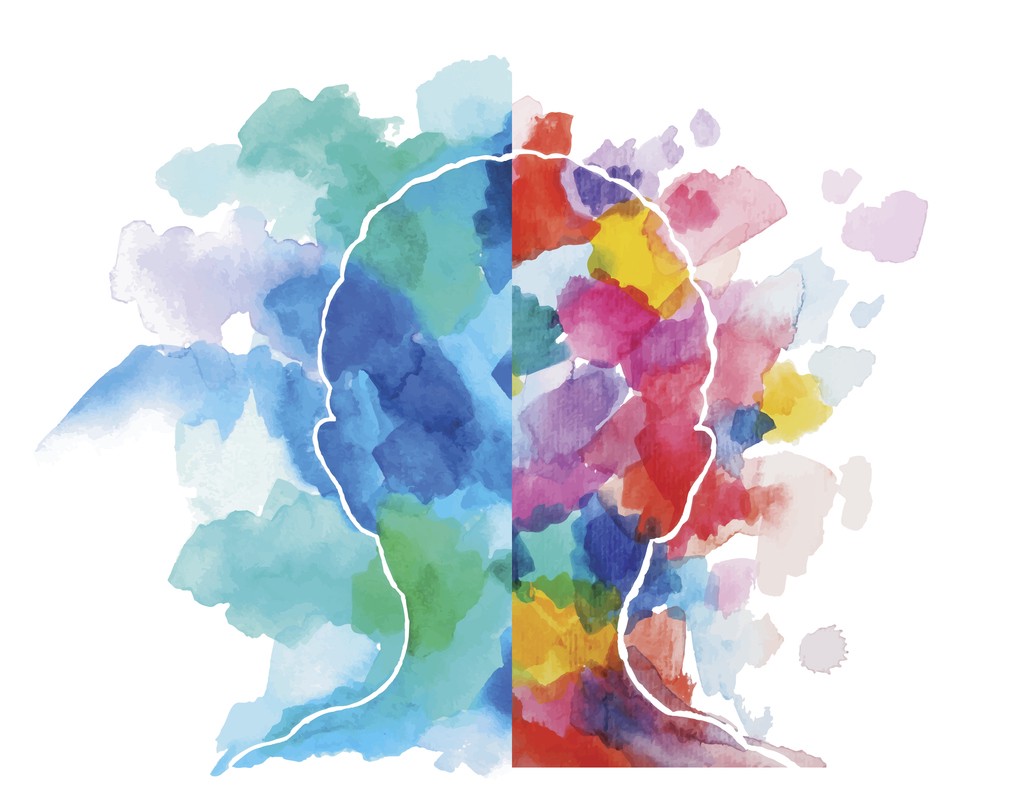According to Peter Walschburger, an Emeritus Professor Emeritus of Biopsychology at the Freie Universität Berlin, “Human beings are programmed to rest when it’s dark, and to be active and in high spirits when it’s light”. He further explains that humans “react massively to light”.react massively to light.” On beautiful spring days, this is why conscious experience and human behavior change dramatically.
Layers Of Clothing
The layers of clothing are starting to come off as the weather gets warmer, and we can once more engage in outdoor activities. Indeed, the warmth of the sun on our skin generally lifts our spirits. So we don’t have to rely too heavily on caffeine to feel energized this spring.
Vitamin Deficiency
Vitamin D deficiency is a real problem, and there may be a variety of factors at play. However, this is the time of year to soak up vitamin D. Achy bones, brain fog, and depressed moods are among its symptoms.
Socializing
More time for socializing Spending time with family and friends is extremely healthy (both socially and mentally), but it is a bit of a hassle to pull on a coat, a scarf, gloves, and a pair of boots before going out, so you are more likely to be tempted to just stay in during the winter. However, now that the sun stays up past four in the afternoon and it will soon be warm enough to show some skin outdoors, we will be getting a welcome additional dose of Vitamin D. More time Naturally, one effect of fewer social interactions is a decrease in general physical activity: no more short strolls at lunchtime or after dinner. Fortunately, spring brings more light and warmth, encouraging us to move more.
Planting Flowers
More time spent with the garden’s plants, flowers, and soil This is the time of year when the flowers begin to bloom and we have more time to spend with our plants. Smelling roses or even weeding can lower blood pressure, increase brain activity, and produce a sense of well-being, according to research. They’ve also found that allotment gardening can help people feel better about themselves and can even be used to prevent illness.
Seasonal Changes
Boost for mental health Seasonal changes, especially the “winter blues,” can cause changes in mood, energy, sleeping, eating, and social and sexual behavior as well as in mood. This can worry some people.
More Exposure Of Sunlight
Serotonin, a hormone that helps regulate mood, has been linked to sunlight exposure. During the spring, when there is more sunlight and longer days, many people feel happier and more energetic.
Outdoor Pursuits
People are more likely to spend time outside because of the longer days and warmer temperatures. Being outside has been shown to lower stress and anxiety levels, whether through activities like going for a walk or playing sports outside.
Spring Cleaning
Springtime is frequently associated with organizing and cleaning. Physical clutter removal can reduce stress and give you a sense of accomplishment. People may experience a sense of relief after organizing their thoughts and emotions, which can lead to mental clutter.
Beginning of New Things
The season of growth and renewal is spring. People may be motivated to set new goals or make positive changes in their lives at the beginning of a new season. A sense of motivation and hope can result from this.
Social Networks
Spring is a period for parties, like Easter, Passover, and graduations. People can benefit from these events’ opportunities to connect with friends and family, which can improve mental health.
Seasonal Affective Disorder
Even though many people find that the arrival of spring lifts their spirits, it’s important to keep in mind that some people may suffer from seasonal affective disorder (SAD) during the winter and have trouble adjusting to the arrival of spring. Individuals who exhibit signs of depression or anxiety should seek professional assistance whenever possible.
Gardening
Gardening is a popular springtime activity that has been linked to better mental health and lower levels of stress. Gardening and other activities that require concentration, such as time in nature, have been shown to improve mood and overall well-being in studies.
Mindfulness
Mindfulness, which entails being fully present and engaged in the present moment, can be beneficial in the spring. People can lower their levels of stress and experience more feelings of calm and relaxation by taking in the sights, sounds, and smells of spring.
Exercise and Diet
People may be more motivated to exercise because of the longer days and warmer temperatures.
Spring is an extraordinary opportunity to zero in on good dieting propensities, like integrating more foods grown from the ground into your eating regimen. A well-balanced diet can benefit mental and physical health simultaneously.
Conclusion
In conclusion, spring can have many positive effects on mental health. Serotonin and vitamin D levels can rise as a result of longer days and warmer weather, which can help alleviate depression symptoms. Individuals may also find inspiration and motivation in the germination of new life and flowers. Outdoor activities like gardening and hiking can also help people get more exercise and have better mental health. It’s vital to take note that while spring can decidedly affect psychological wellness, people with prior emotional well-being conditions ought to keep on looking for proficient assistance and backing on a case-by-case basis. Generally speaking, exploiting the positive parts of spring can be an important instrument for advancing by and large prosperity and working on psychological well-being.









